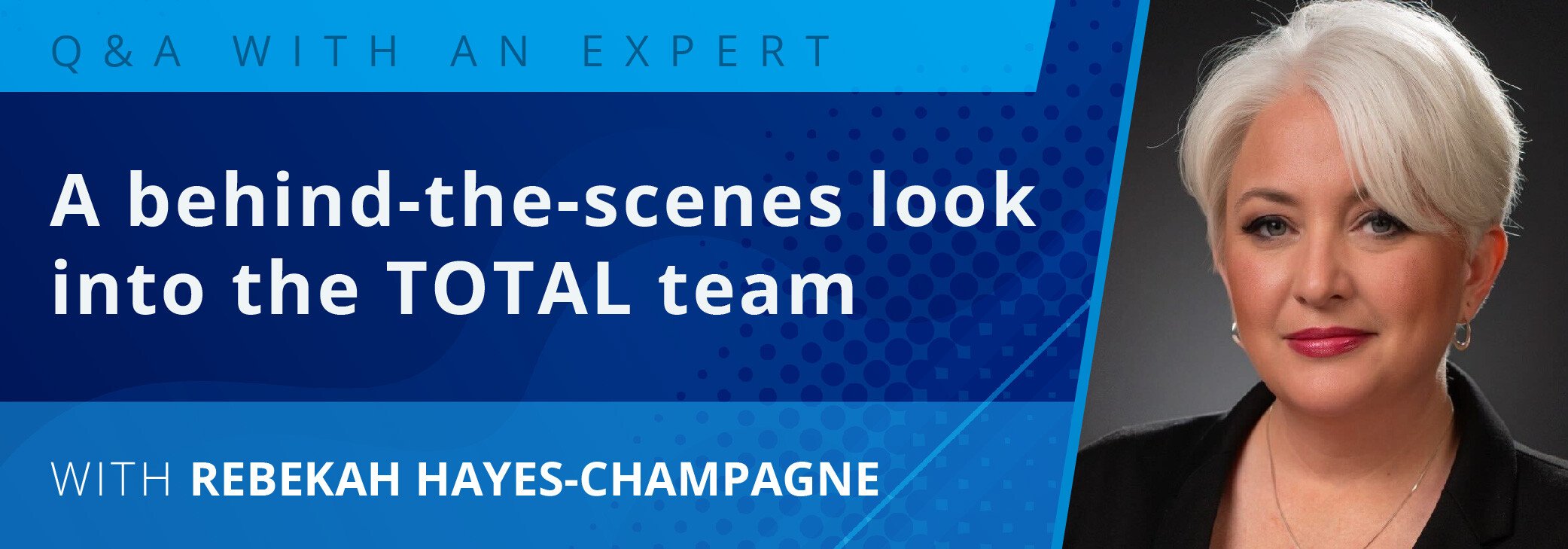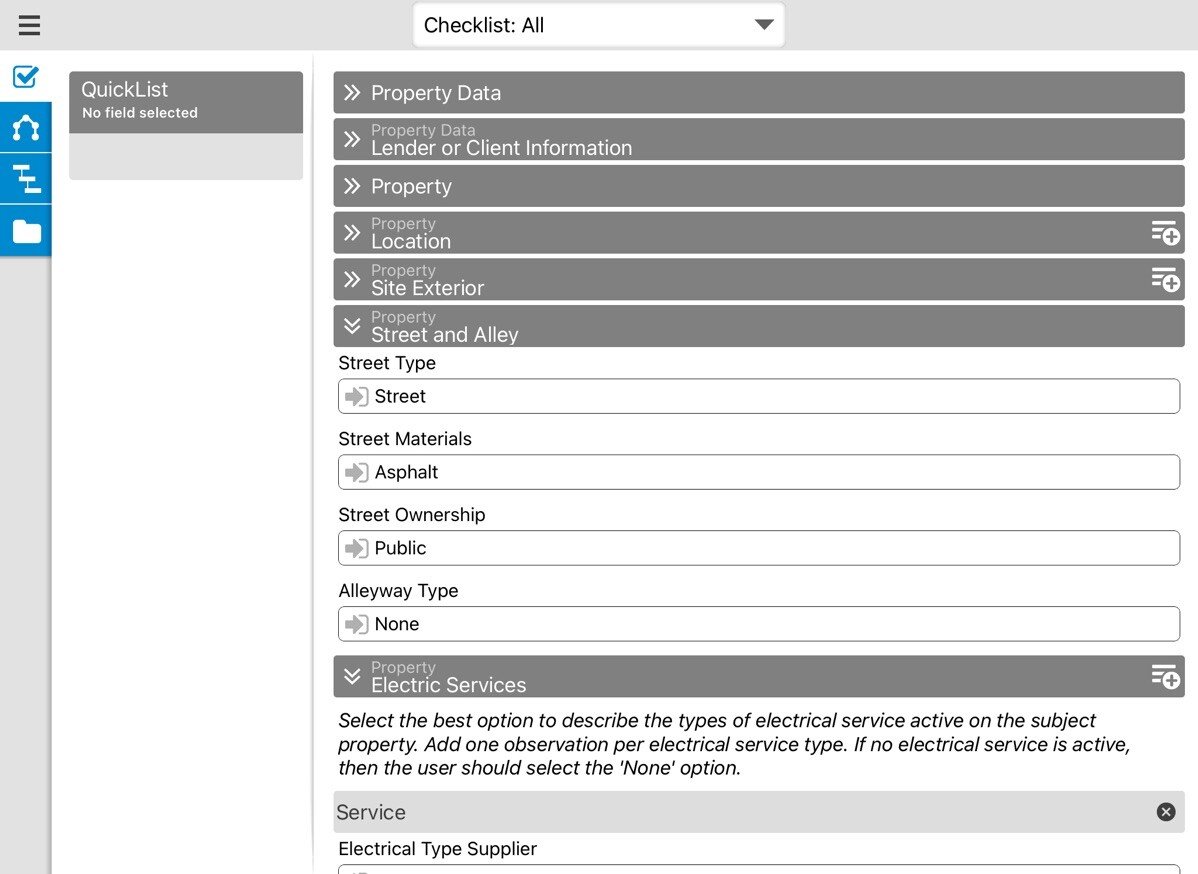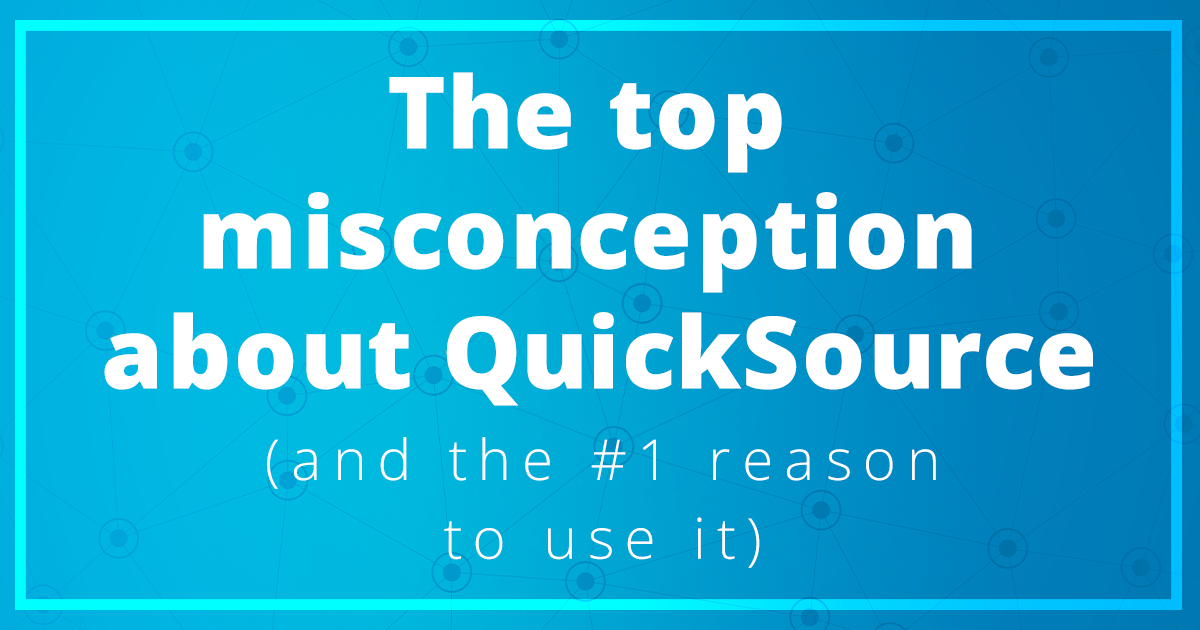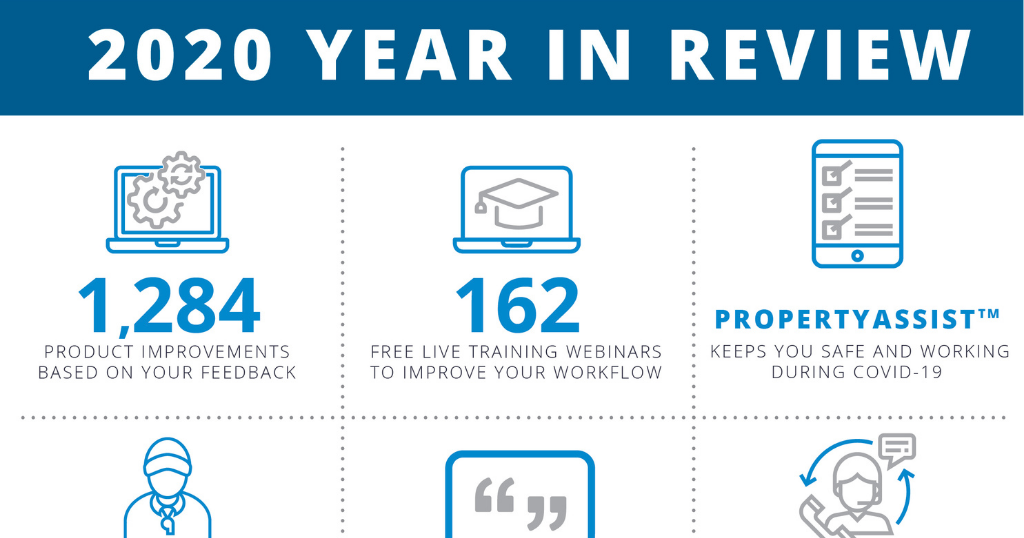Sometimes you don't know whether to laugh or cry. So you do both. You laugh when you hear that AVMs are more accurate than appraisers when you read, in the Sunday (March 19) New York Times:
CAROL CAGGIANO was planning an expensive wedding for her daughter at the same time that she made an offer on a house in Glen Cove in January. Even though Ms. Caggiano had only $10,000 to put down on her offer of $465,000, the seller accepted.
Then, in what seems like a clever accounting maneuver, the buyer and seller, and their lawyers, agreed to list the purchase price of the house as $478,000, with the condition that the seller would use the extra money to pay Ms. Caggiano's closing costs.
While this sounds like a major financial concession on the part of the seller, real estate professionals say it is more a matter of being flexible. In the end, they say, the seller nets just as much money as if he or she had not paid the closing costs
If you're in a robust market, you've encountered this many times in the last few years. And you can spot it, usually, and call the listing agent or even appraiser on your comp to double check what the "real" purchase price was. The next time an AVM makes such a call and recognizes the selling price of the above house as $465,000 will be the first.
Then you stop laughing when you read later in the same article — the Sunday New York Bleeping Times:
Updated lending laws in many states require that lenders be informed when a seller concession is buried in the contract price…. The amount added to the original offer is then considered in the appraisal.
That appraisal is a key to a deal…. As with any mortgage, if the appraisal is not as high as the inflated price, which includes the closing costs, the deal is off.
"The appraisal has to come in at the increased purchased price, and obviously the credit and everything else needs to be excellent," [real estate lawyer Paul] Greenstein said.
Some real estate agents say that in theory concessions can be seen as a drawback for the seller.
Kathy Anastasio, who owns Anastasio Associates in Huntington, said, "By putting in a seller's concession we're expecting the appraisal to go higher" than the agreed-upon price, so that suggests that the seller might not be maximizing his or her return
Even with shocking, insulting evidence to the contrary printed in the Sunday New York Times, policymakers still fall for the argument that appraisers are the problem when it comes to inflated values.



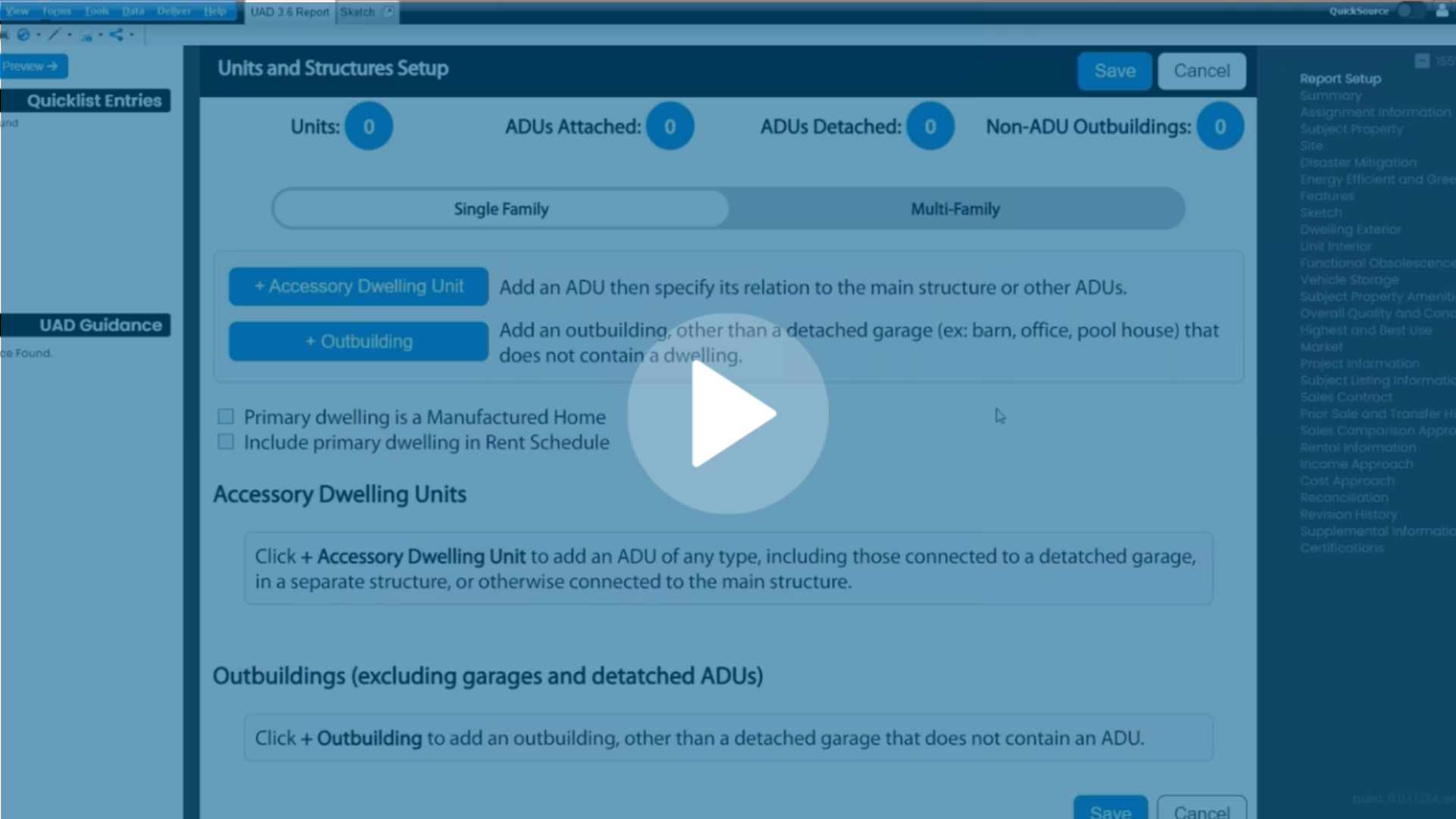
.png)

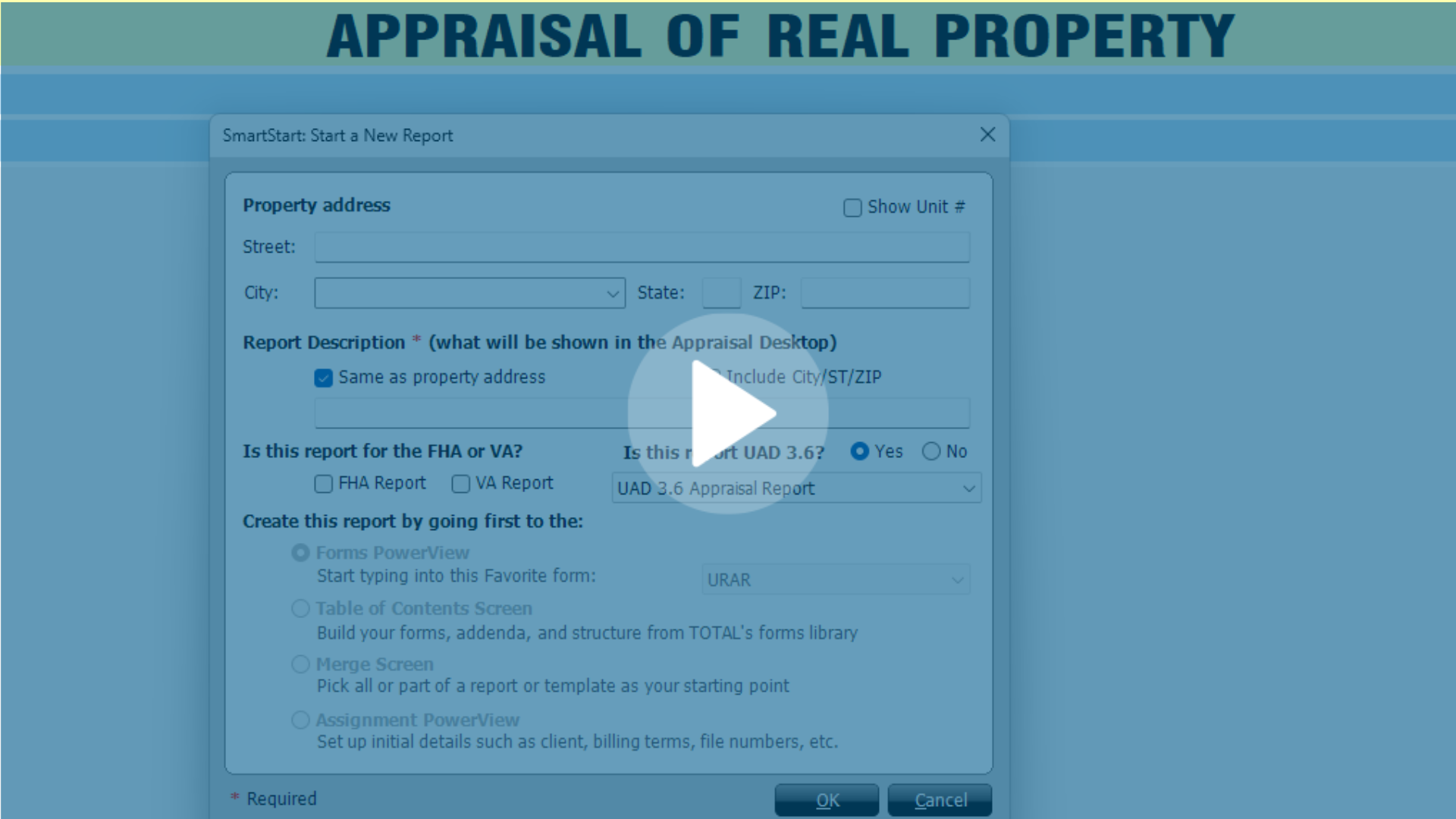


.png)
-1.png)

.png)

.png)
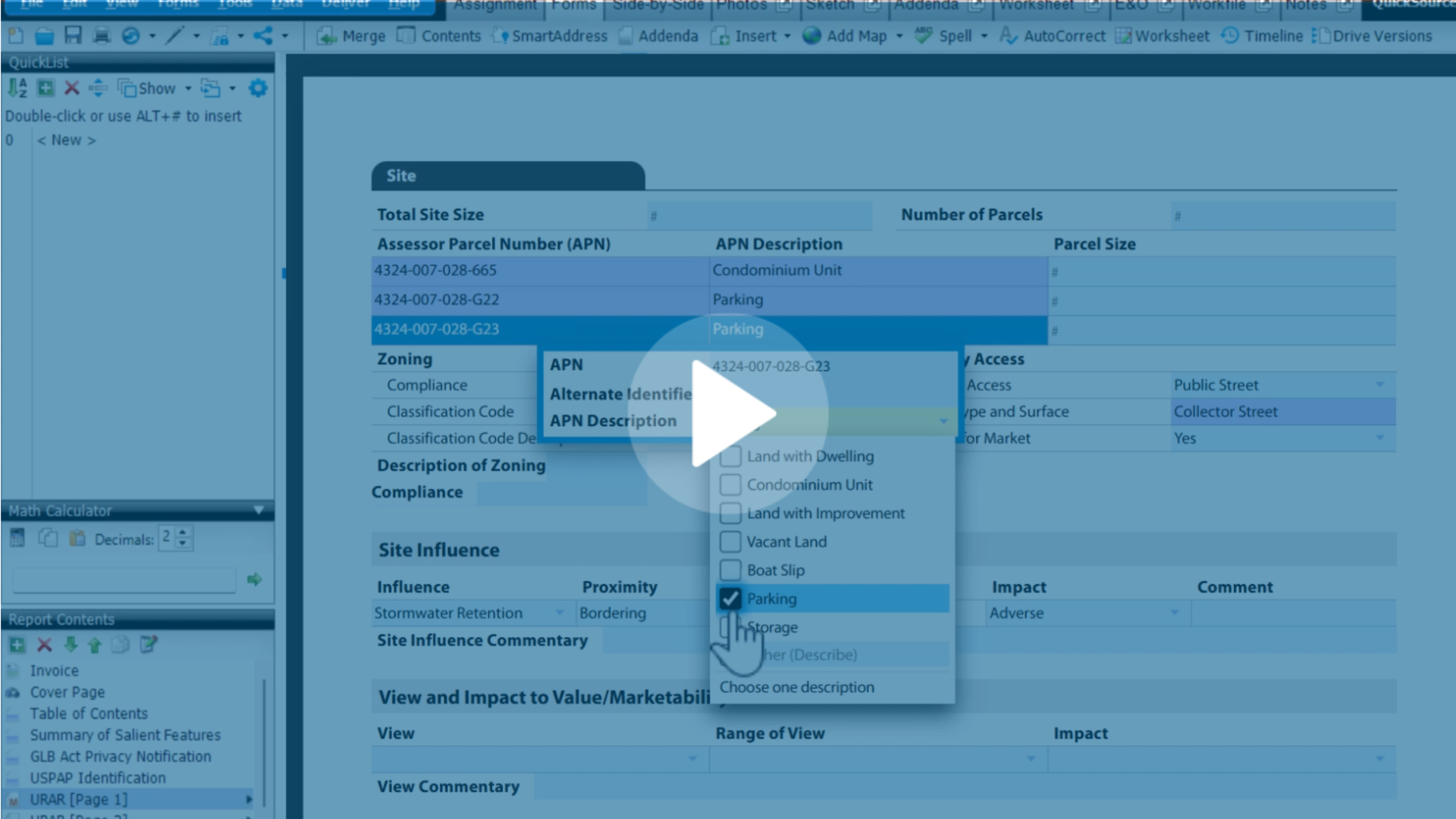
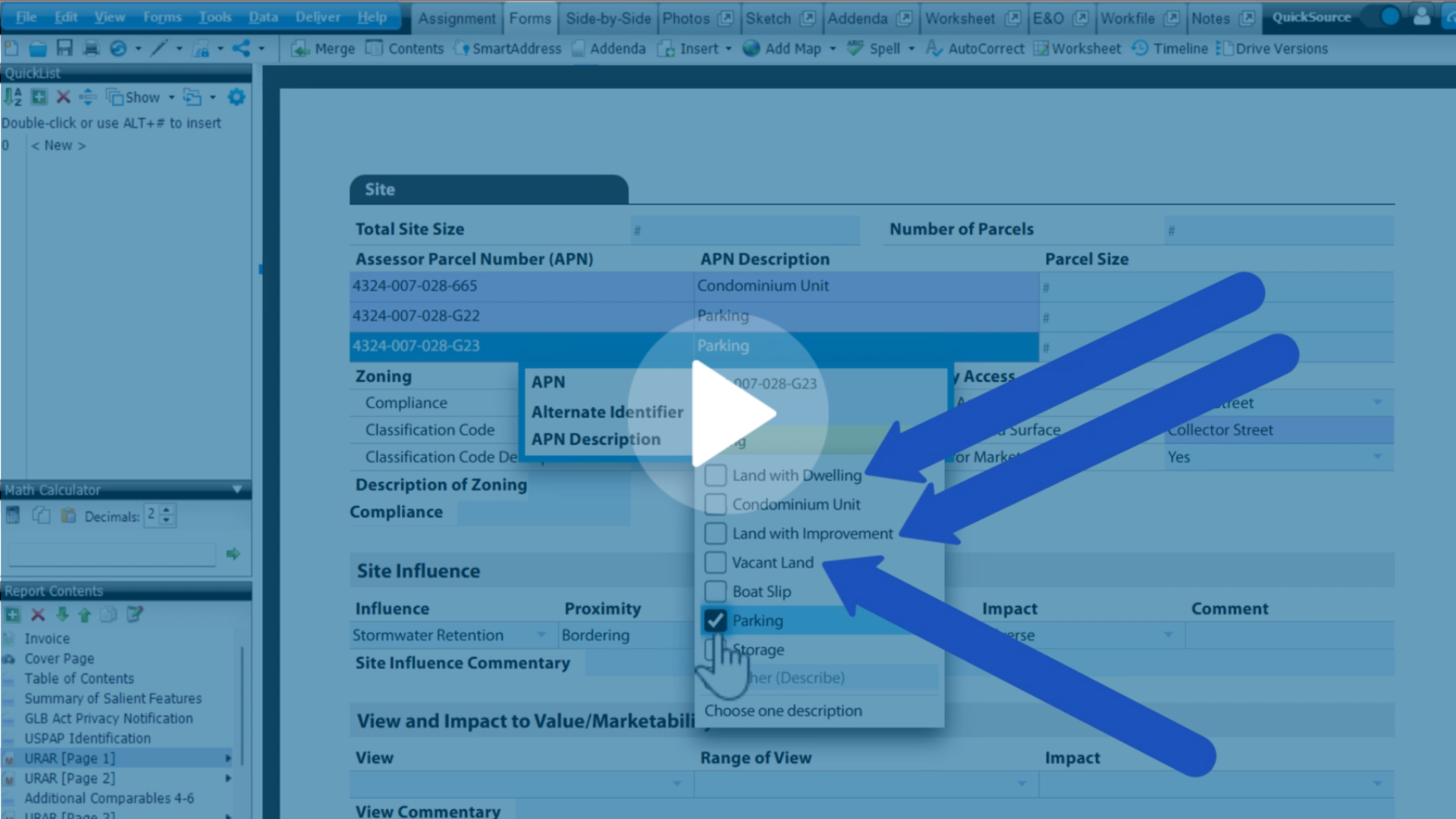
.png)
.png)
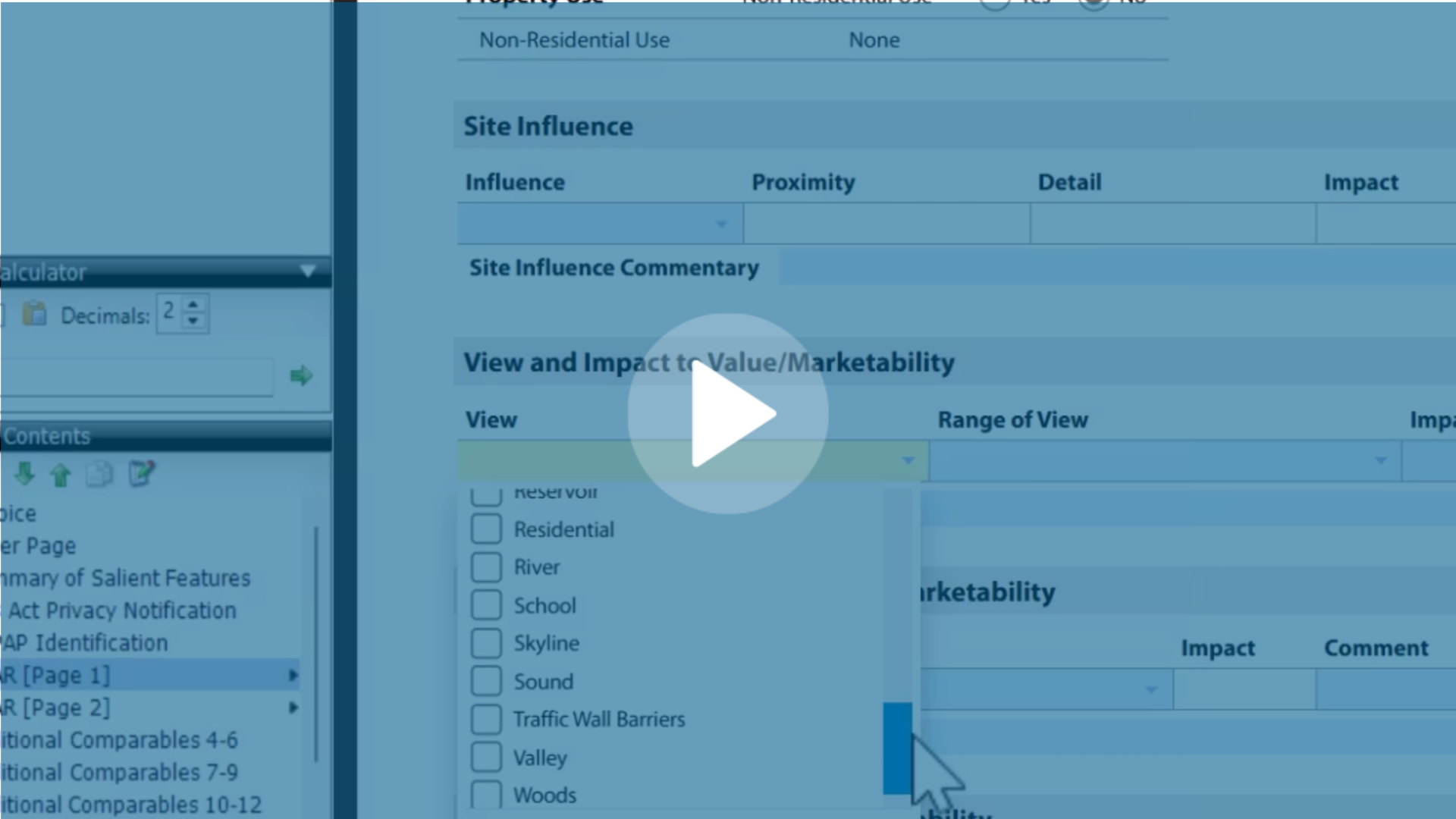
.jpg)
.png)
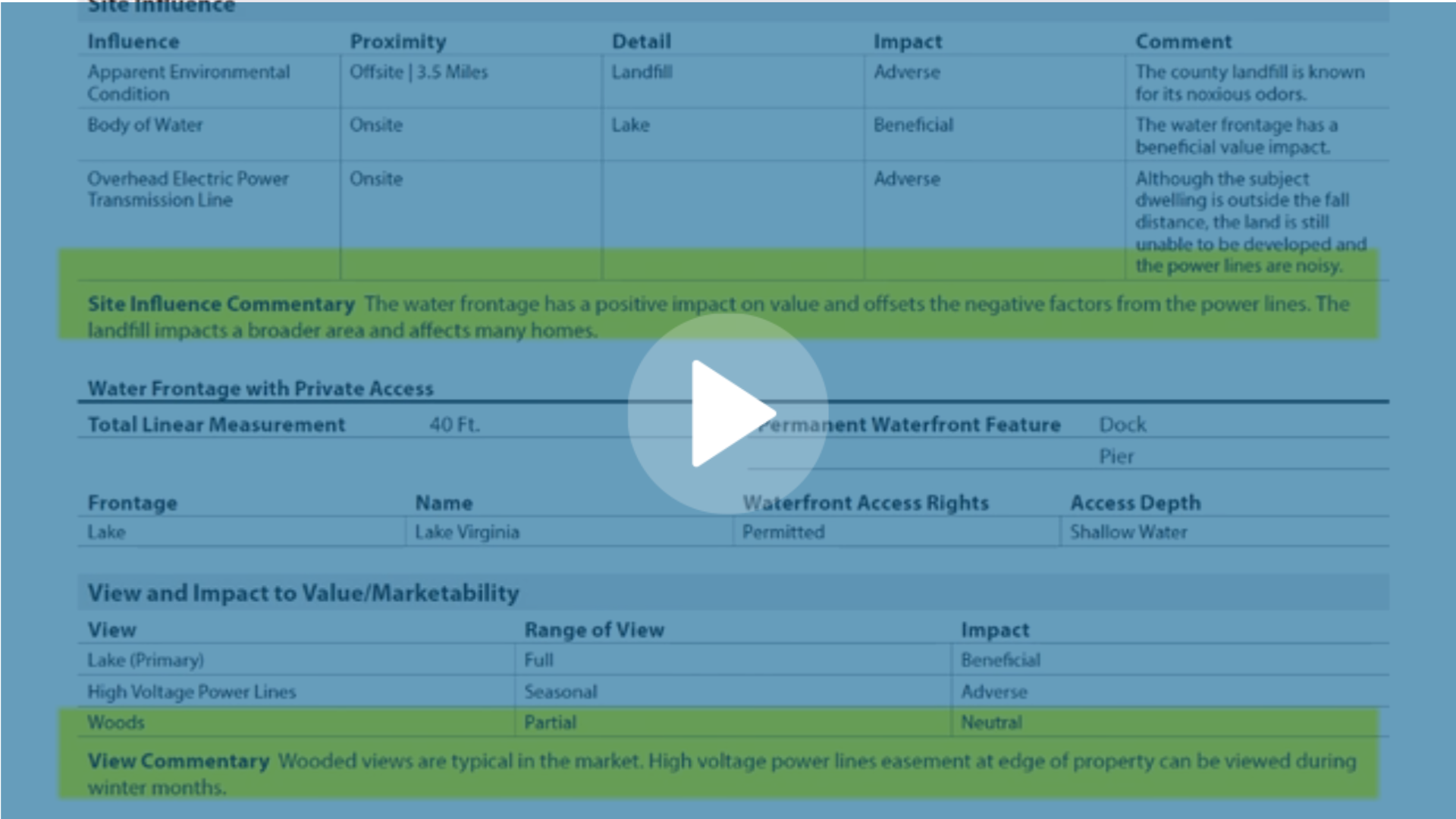
-1.png)









